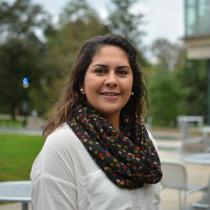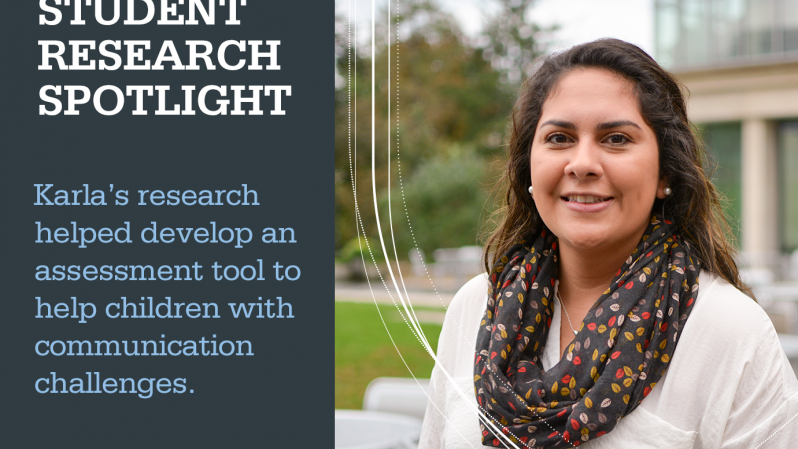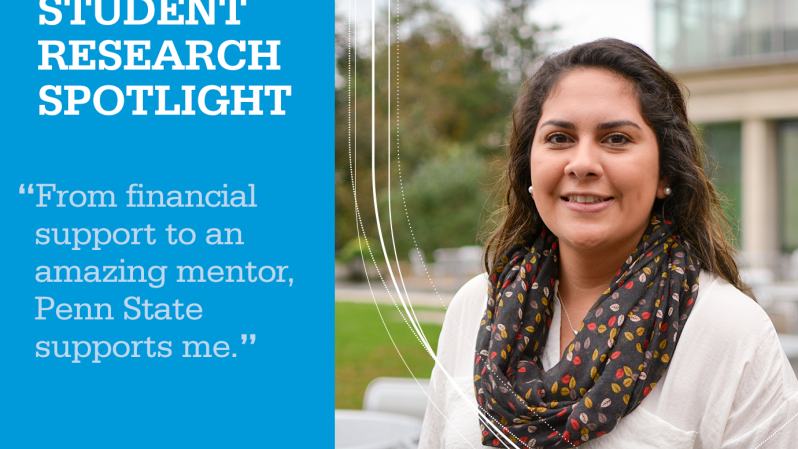-
About
ExploreUp a level (this gets replaced in JS)
-
Strategic Plan
Explore
-
College Overview
Explore
- Dean's Lecture Series
- Environmental Health Sciences
-
Diversity, Equity and Inclusion
Explore
-
Get Involved
Explore
-
People
Explore
-
Achievements
Explore
- Administrative Offices
- Discover HHD
- College News and Events
- Commencement
- Contact Us
-
Strategic Plan
-
Undergraduate
ExploreUp a level (this gets replaced in JS)
-
Getting Started
Explore
-
Student Support
Explore
-
Get Involved
Explore
-
Gain Experience
Explore
-
Careers
Explore
-
Get Connected
Explore
-
Policies and Procedures
Explore
- Summer Session
- Discover HHD
- Visit and Apply
- New Student Orientation Program (NSO)
- Undergraduate News
- Commencement
- Contact Us
-
Getting Started
-
Graduate
ExploreUp a level (this gets replaced in JS)
-
Getting Started
Explore
-
Student Support
Explore
-
Student Profiles
Explore
-
Get Involved
Explore
-
Get Connected
Explore
-
Gain Experience
Explore
- Environmental Health Sciences
-
Diversity, Equity and Inclusion
Explore
-
Commencement
Explore
- Discover HHD
- Admissions
- Contact
-
Getting Started
-
Online & Outreach
ExploreUp a level (this gets replaced in JS)
-
Online Degrees and Programs
Explore
-
Outreach Programs
Explore
-
Short-term Courses
Explore
-
Teaching Support
Explore
- Contact Us
-
Online Degrees and Programs
-
Research
ExploreUp a level (this gets replaced in JS)
-
Researcher Resources
Explore
-
Ongoing Research
Explore
-
Research Units
Explore
-
Diversity, Equity and Inclusion
Explore
- Environmental Health Sciences
-
Get Involved
Explore
-
Stay Connected
Explore
- Discover HHD Research
- Research News and Events
- Contacts
-
Researcher Resources
-
Alumni
ExploreUp a level (this gets replaced in JS)
-
Become a Member
Explore
-
Resources for Alumni
Explore
-
Building Diversity and Inclusion
Explore
-
Get Involved
Explore
-
Meet Our Volunteer Leaders
Explore
-
Stay Connected
Explore
-
Alumni Achievements
Explore
-
Parents and Family
Explore
-
Donate
Explore
- Alumni News
- Attend an Alumni Event
- Give to HHD
- Update Your Contact Information
- Contact Us
-
Become a Member
-
Contact
Explore
-
Departments
Explore
-
Research Centers
Explore
-
Central Administration
Explore
-
Training and Support
Explore
- Contacts/Directory
Student Research Spotlight - Karla Armendariz

Communication Sciences
and Disorders
“Mom.” – Hearing this one word set the course of Karla Armendariz’s career path.
In addition to her regular curriculum, the senior is conducting research on the Early Development of Emotional Competence (EDEC) assessment, a tool for children with complex communication needs. EDEC helps bring to light the relation of language and emotional competence and aligns it with the values and goals of the family.
Under the guidance of her faculty mentor Krista Wilkinson, professor of communication sciences and disorders, Armendariz conducted a pilot of the EDEC assessment with Mexican-American families. The assessment was translated to Spanish for purposes of the pilot.
Mexican-Americans make up the largest minority of Hispanics within the United States, so I was hoping that my research could help increase interventions for this large minority,” saidArmendariz, who is also Mexican-American. “It is my hope that this tool will help clinicians who don’t speak Spanish to better understand their Hispanic or Spanish-speaking patients, and therefore better facilitate conversation.”
Armendariz is in the process of comparing data from her pilot study with that of data from other pilot studies conducted in other populations, with the goal of seeing the importance of this assessment tool across cultures.
Something else Armendariz experienced while working in the special needs classroom was seeing a student with autism, who had just moved from Mexico to the United States, have trouble communicating with his teacher.
“I feel like if this teacher had a tool like the EDEC, it might have helped facilitate a conversation with the student,” she said. “This tool is not just for speech therapists; it can benefit teachers and other educators as well. I hope the outcome of my work is that other people use EDEC and hopefully increase the amount of interventions among those with communication needs, specifically with Mexican Americans.”
Armendariz’s research was made possible through a College of Health and Human Development (HHD) Smith Endowment. Armendariz was one of many students in the College to receive funding to support research projects.
Armendariz advises any undergraduate student who may be undecided about participating in a research project to jump in with an open mind. This opportunity, she said, provided her with knowledge and tools needed to continue and excel in her studies, and to pursue a career in her field after college, with real-world experience already under her belt.
“My research experience was very enriching,” Armendariz said. “Along with receiving great mentorship from Dr. Wilkinson, I made really incredible findings. I discovered the role of multiculturalism within my field and how important this assessment tool really is. Not only are there differences between cultures, but individual ideals within a culture vary as well. I also experienced firsthand how the EDEC helps facilitate culturally natural conversation between professionals and their clients and how it can be used to better serve minority children with disabilities.”
Armendariz said without financial support from the college and guidance from Wilkinson, she wouldn’t have been able to not only conduct the research project, but receive feedback and advice on how to handle different aspects of research, from data collection to dealing with patients and collaborators.
“This experience, and everyone involved, helped provide the opportunity for me to broaden my cultural perspectives, research skills, and overall knowledge,” she said. “Furthermore, with support for this research they have helped me in the potential increasing of intervention for minorities with significant communication disabilities.”


